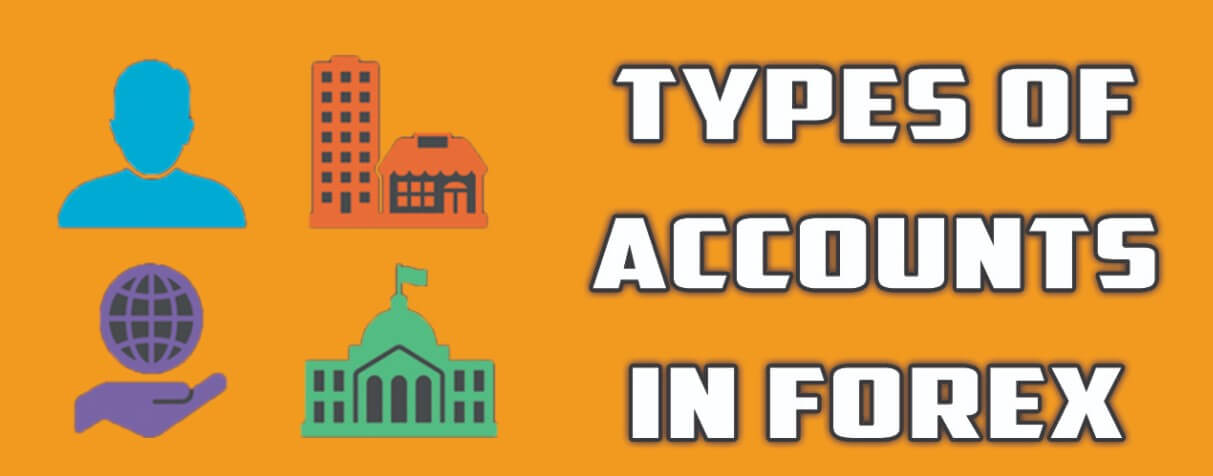
Before you purchase a forex course, it is important to determine which type of course will best suit your trading style. Some courses will focus on specific aspects of trading while others may cover a broad range of topics. You also want to make sure the course is updated regularly. You will also need to be able download it so that you can view it on your phone. Finally, the best courses offer a channel for you to ask questions.
Ichimoku Kinko Hyo's Forex Course is for Beginners
Trading with Ichimoku Kinko Hyho can be described as a technical analysis technique which combines multiple indicators in one chart. This indicator is very useful when you need to see price action in a single chart. The indicator's graphic components include several moving averages as well as a trend line. It can be used with many trading strategies.
The Ichimoku Kinko Hyho indicators are very easy to use and can give you valuable market insights in a short time. It is easy to read and you can easily customize it to suit your needs. It will provide a clearer picture of the price action and more reliable data.

Traders union
Traders Union offers Forex courses to beginners if you're interested in forex trading. They use one core curriculum to educate newcomers and give them the basics they need to succeed. This curriculum includes topics such chart reading, risk/reward ratios, and setting up MT4 as a trading system.
The videos are video-based and include a lot of useful material for traders. The course team also offers ongoing mentorship and live webinars. Traders have access to a private trading group with other members.
Udemy
Regardless of your level of forex trading experience, you can benefit from an Udemy forex course for beginners. These courses will teach you about Forex trading basics, such as how to choose a forex broker, how the Economic Calendar is read, and how to use different FOREX instruments. In addition, they will show you how to use different trading strategies including technical analysis as well as fundamental analysis. They will teach you how Metatrader is the most widely used FOREX trading platform.
Udemy has many Forex courses. The best courses will show you how make smart investments. A great course will teach how to trade consistently and how risk management is important.

Bizintra
Bizintra's beginner forex course is designed for new traders and helps them to develop the necessary skills to make profitable trading decisions. The course also provides technical knowledge and risk management skills. There are four videos of education and 10 mini-videos covering different aspects of forex trading.
Bizintra provides a unique blend of education, signals and live trading review classes. The training runs for three months and offers access to professional live traders and a wide range of training resources. It also provides a free, ad free learning opportunity to help new traders sharpen trading skills.
FAQ
How do people lose money on the stock market?
The stock market isn't a place where you can make money by selling high and buying low. You lose money when you buy high and sell low.
The stock market is for those who are willing to take chances. They are willing to sell stocks when they believe they are too expensive and buy stocks at a price they don't think is fair.
They believe they will gain from the market's volatility. They could lose their entire investment if they fail to be vigilant.
What is the difference between non-marketable and marketable securities?
Non-marketable securities are less liquid, have lower trading volumes and incur higher transaction costs. Marketable securities can be traded on exchanges. They have more liquidity and trade volume. Because they trade 24/7, they offer better price discovery and liquidity. However, there are some exceptions to the rule. There are exceptions to this rule, such as mutual funds that are only available for institutional investors and do not trade on public exchanges.
Non-marketable securities can be more risky that marketable securities. They are generally lower yielding and require higher initial capital deposits. Marketable securities tend to be safer and easier than non-marketable securities.
A large corporation bond has a greater chance of being paid back than a smaller bond. The reason is that the former will likely have a strong financial position, while the latter may not.
Because they can make higher portfolio returns, investment companies prefer to hold marketable securities.
Why is a stock security?
Security is an investment instrument whose value depends on another company. It may be issued either by a corporation (e.g. stocks), government (e.g. bond), or any other entity (e.g. preferred stock). If the underlying asset loses its value, the issuer may promise to pay dividends to shareholders or repay creditors' debt obligations.
What are some advantages of owning stocks?
Stocks are more volatile than bonds. When a company goes bankrupt, the value of its shares will fall dramatically.
However, if a company grows, then the share price will rise.
For capital raising, companies will often issue new shares. This allows investors to buy more shares in the company.
To borrow money, companies can use debt finance. This allows them to get cheap credit that will allow them to grow faster.
If a company makes a great product, people will buy it. As demand increases, so does the price of the stock.
The stock price will continue to rise as long that the company continues to make products that people like.
What is a Stock Exchange?
Stock exchanges are where companies can sell shares of their company. This allows investors and others to buy shares in the company. The market determines the price of a share. The market usually determines the price of the share based on what people will pay for it.
Stock exchanges also help companies raise money from investors. To help companies grow, investors invest money. Investors buy shares in companies. Companies use their money as capital to expand and fund their businesses.
There can be many types of shares on a stock market. Some are known simply as ordinary shares. These shares are the most widely traded. Ordinary shares are bought and sold in the open market. Prices of shares are determined based on supply and demande.
Preferred shares and debt security are two other types of shares. When dividends are paid, preferred shares have priority over all other shares. These bonds are issued by the company and must be repaid.
What's the difference between the stock market and the securities market?
The entire list of companies listed on a stock exchange to trade shares is known as the securities market. This includes stocks as well options, futures and other financial instruments. Stock markets are usually divided into two categories: primary and secondary. Stock markets that are primary include large exchanges like the NYSE and NASDAQ. Secondary stock market are smaller exchanges that allow private investors to trade. These include OTC Bulletin Board Over-the-Counter (Pink Sheets) and Nasdaq ShortCap Market.
Stock markets are important because it allows people to buy and sell shares in businesses. The value of shares is determined by their trading price. A company issues new shares to the public whenever it goes public. Dividends are paid to investors who buy these shares. Dividends are payments that a corporation makes to shareholders.
Stock markets not only provide a marketplace for buyers and sellers but also act as a tool to promote corporate governance. Boards of Directors are elected by shareholders and oversee management. Boards ensure that managers use ethical business practices. In the event that a board fails to carry out this function, government may intervene and replace the board.
What is a mutual-fund?
Mutual funds are pools that hold money and invest in securities. They provide diversification so that all types of investments are represented in the pool. This helps to reduce risk.
Mutual funds are managed by professional managers who look after the fund's investment decisions. Some mutual funds allow investors to manage their portfolios.
Mutual funds are preferable to individual stocks for their simplicity and lower risk.
Statistics
- Ratchet down that 10% if you don't yet have a healthy emergency fund and 10% to 15% of your income funneled into a retirement savings account. (nerdwallet.com)
- For instance, an individual or entity that owns 100,000 shares of a company with one million outstanding shares would have a 10% ownership stake. (investopedia.com)
- US resident who opens a new IBKR Pro individual or joint account receives a 0.25% rate reduction on margin loans. (nerdwallet.com)
- Our focus on Main Street investors reflects the fact that American households own $38 trillion worth of equities, more than 59 percent of the U.S. equity market either directly or indirectly through mutual funds, retirement accounts, and other investments. (sec.gov)
External Links
How To
How can I invest into bonds?
You need to buy an investment fund called a bond. The interest rates are low, but they pay you back at regular intervals. You can earn money over time with these interest rates.
There are many ways to invest in bonds.
-
Directly buying individual bonds
-
Buy shares of a bond funds
-
Investing through a bank or broker.
-
Investing through an institution of finance
-
Investing with a pension plan
-
Invest directly with a stockbroker
-
Investing through a mutual fund.
-
Investing through a unit trust.
-
Investing using a life assurance policy
-
Investing through a private equity fund.
-
Investing using an index-linked funds
-
Investing via a hedge fund